Probiotics during Covid
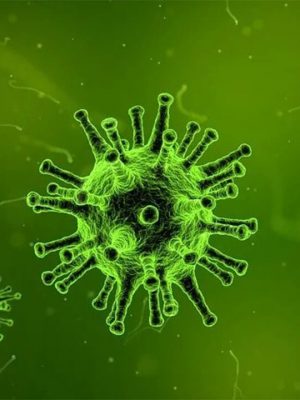
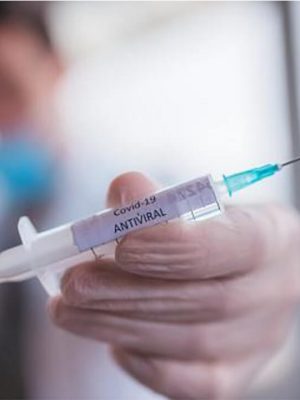
seen the impact probiotics have had on animal and human health. From mild infections to severe health threats, probiotics protect the host from a variety of diseases. Researchers back in the 1990s believed that the effect of probiotics was limited to just the gut microbiota and that they could only restore the gut flora, preventing pathogenic bacteria from triggering astroenteritis. However, contrary to this, recent studies have shown that immunomodulatory activity is the most important mechanism probiotics are responsible for. With this information as a base, researchers started to evaluate the effect of some immunobiotics on both pathogenic bacteria and viruses, including enteric and respiratory viruses. Many believe that probiotics are great antiviral agents and have a wide variety of applications in the field!

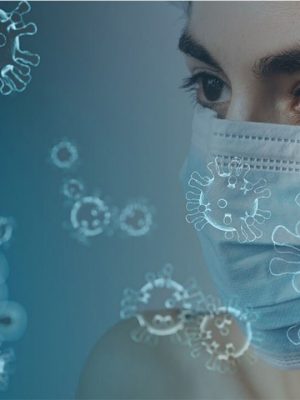
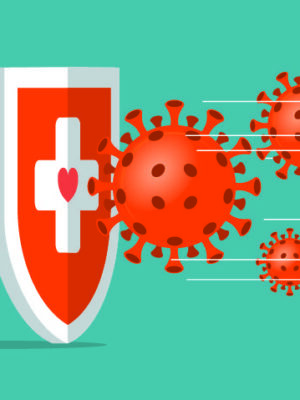
COVID-19, the newly discovered deadly virus disease can be affected by probiotics. Hence, this study was carried out to review the possible effects and associations of probiotics on viral infections, especially SARS-CoV-2. Studies were collected from multiple sources to identify content documenting the effect of probiotics on interleukins, virus titres and antibody production, with special emphasis on SARS-CoV-2. From a total of 93 records, 21 studies were classified into three main domains based on the impact of probiotics.
1. The level of interleukins (n=7)
2. Virus titres reduction (n=2)
3. Antibody production (n=12)
The production of proinflammatory interleukins and type 1 interferon (IFN) seemed to be the most prominent task carried out by probiotics. Randomized trials are necessary to find out which probiotic strains will be helpful in treating the COVID-19 virus.
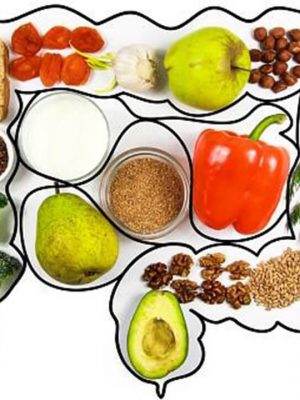
Infection caused by the SARS-CoV-2 coronavirus worldwide has led the World Health Organization to declare a COVID-19 pandemic. Because there is no cure or treatment for this virus, it is emergingly urgent to find effective and validated methods to prevent and treat COVID-19 infection. In this context, alternatives related to nutritional therapy might help to control the infection. This narrative review proposes the importance and role of probiotics and diet as adjunct alternatives among the therapies available for the treatment of this new coronavirus. This review discusses the relationship between intestinal purine metabolism and the use of Lactobacillus spp.

